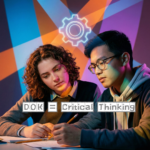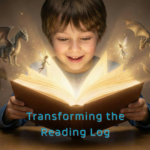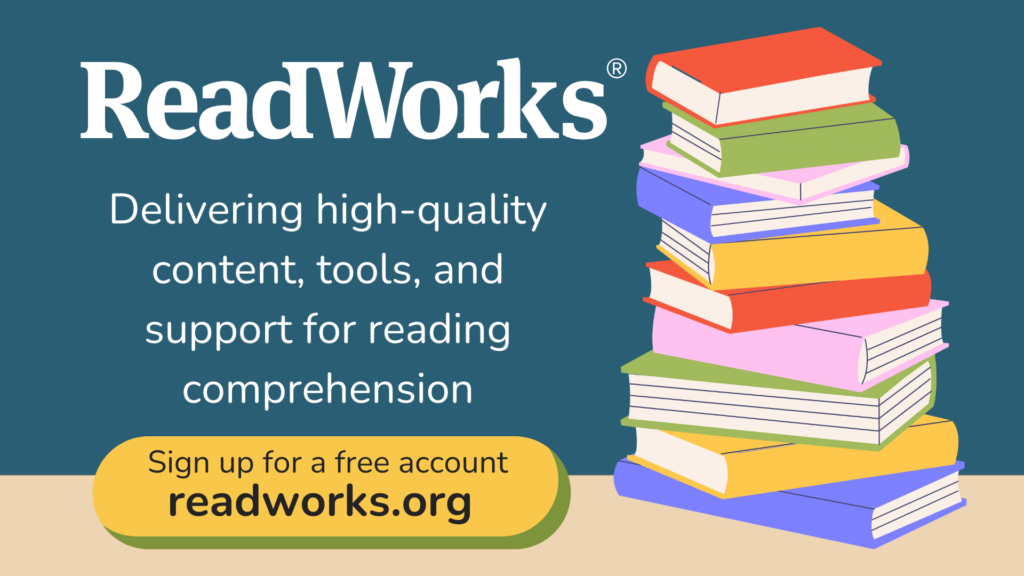
Educate Yourself and Don’t Share Fake News
Recently, Lisa Nielson shared a public service announcement on Facebook. She asked that you not share, or repost, information that you have not verified as being true and/or information that is not from a verified source.
Sign of the Times?
This is the current reality, adults copying and pasting a message claiming their privacy from Facebook on a Facebook post and thinking that does anything. How are we, the adults, going to teach our children to verify information, check their sources, and spot fake news, when we are not taking the time to do so ourselves?
As Lisa says, “It’s not better to be safe than sorry if: 1) You post something you have not confirmed is true. 2) You don’t have a verified source. You don’t look safe or helpful. You look foolish.”
Think Before You Post
Please, do a little research before you copy and paste or share a post. It doesn’t take long. And if you’re not willing to verify the information, then do NOT repost it! Here are some good sources for fact checking:
- https://theinnovativeeducator.blogspot.com/search?q=fake+news – Several articles about how to spot fake news
- snopes.com – A commonly used mythbuster for viral posts
- opensecrets.org – Information on money and politics, including lobbyists contributions,by a nonpartisan, independent nonprofit
- poynter.org – A site for fairness and transparency in journalism, includes resources for fact checking and accountability
- factcheck.org – This nonpartisan, nonprofit site monitors politician’s statements for accuracy and/or misleading information
Teach Students to Verify Information
In this article, Lisa shares ideas on how teachers can use the last four sites listed above as teaching tools so our students do not make the mistakes so many adults are currently making. Please teach your students how to verify information. They have the world at their fingertips. They MUST know how to sort out the reliable information from the rumors, lies, and deceitful information. Their livelihood, and the future of our country, depends on it.
- opensecrets.org – Great for social studies and literacy as well as math and statistics classes
- poynter.org – Excellent resource for writing or journalism courses
- factcheck.org – Also good for social studies and for science as they validate (or invalidate) scientific claims
- snopes.com – This site addresses many rumors and urban legends and contains many topics not suitable for children. Please be very careful if you use this site with students.
Thank you, Lisa, for this important information!











